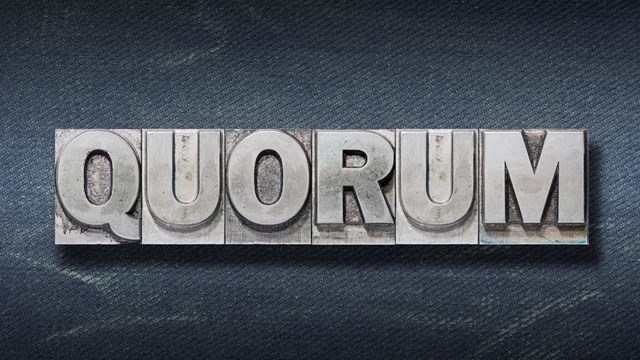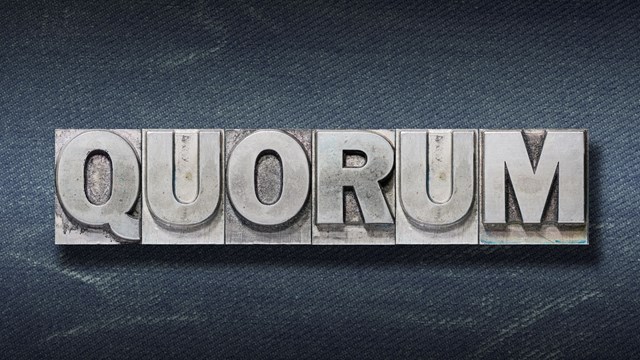
Q. What can be done if a unit owner – who has not paid his or her assessments for a year and owes the association a substantial amount of money – has now declared bankruptcy? How does the association recover its money?
—Concerned About Our HOA’s Financial Health
A. “Unfortunately, this type of situation has become far more common since the real estate market crash began in 2006-7,” says attorney Sheila D. Van Duyne of the Van Duyne Law Group in Reno. “In subsequent years, many homeowners were unable to meet their financial obligations and were forced to declare bankruptcy. This placed a great burden on associations that were tasked with maintenance of common areas.
“Bankruptcy, however, should not be viewed as something that completely negates an association’s ability to collect from an owner. Given that assessments are viewed as secured debt either by way of the CC&Rs [covenants, conditions & restrictions] acting as a de facto lien and/or by the recordation of a lien, association debt will typically be treated as secured debt. It is far better to be a secured creditor in a bankruptcy proceeding than an unsecured creditor (such as a credit card company) because secured creditors are paid first out of any available money.
“There are three types of common bankruptcies: Chapter 7 (personal bankruptcy, probably the most common); Chapter 11 (complex business reorganization); and Chapter 13 (wage earner debt reorganization.)
“Chapter 11 doesn’t come into play in most situations involving a homeowners’ association. A Chapter 11 bankruptcy proceeding is a quite complex and lengthy process relating to the reorganization of a business. Nonetheless, in the event a Chapter 11 is initiated, the HOA should still have its legal counsel file a proof of claim and monitor the proceedings.
“Of the two remaining types of bankruptcy, Chapter 7 and Chapter 13, the association will do better with an owner’s Chapter 13 bankruptcy. This is because a Chapter 13 bankruptcy is basically a debt reorganization for an owner. Though payments on existing debts will be spread over a long period of time, the goal is full repayment. Noteworthy too is that debtors in a Chapter 13 proceeding need to keep current with any ongoing post-petition obligations.
“In contrast, a Chapter 7 is simple debt liquidation and asset sell-off. Most likely the owner’s home will be lost and foreclosed by the mortgage lender. Following that, a full discharge will release the owner from any personal obligations. Though assessments which become owing during a bankruptcy will not be discharged, realistically, collecting them against the party who no longer owns a home may not be financially worthwhile to the association.
“Here are a few ‘Don’ts’ when it comes to dealing with a bankrupt owner:
Don’t persist in any collection efforts for pre-petition debt.
“Don’t take any legal action whatsoever against the debtor to collect pre-petition debt (no liens or foreclosure activities)
“Don’t suspend the debtor’s right to use common property or deactivate gate access.
“Finally, have your attorney monitor the bankruptcy proceedings. If an owner does declare bankruptcy, then have that association’s legal counsel monitor the proceedings to make sure all dates are met and complied with: proof of claim deadline, creditor’s meeting, any objection to a proposed plan for reorganization. Keeping a close eye on these deadlines.”






Leave a Comment